Incluvie Foundation Gala - Learn More
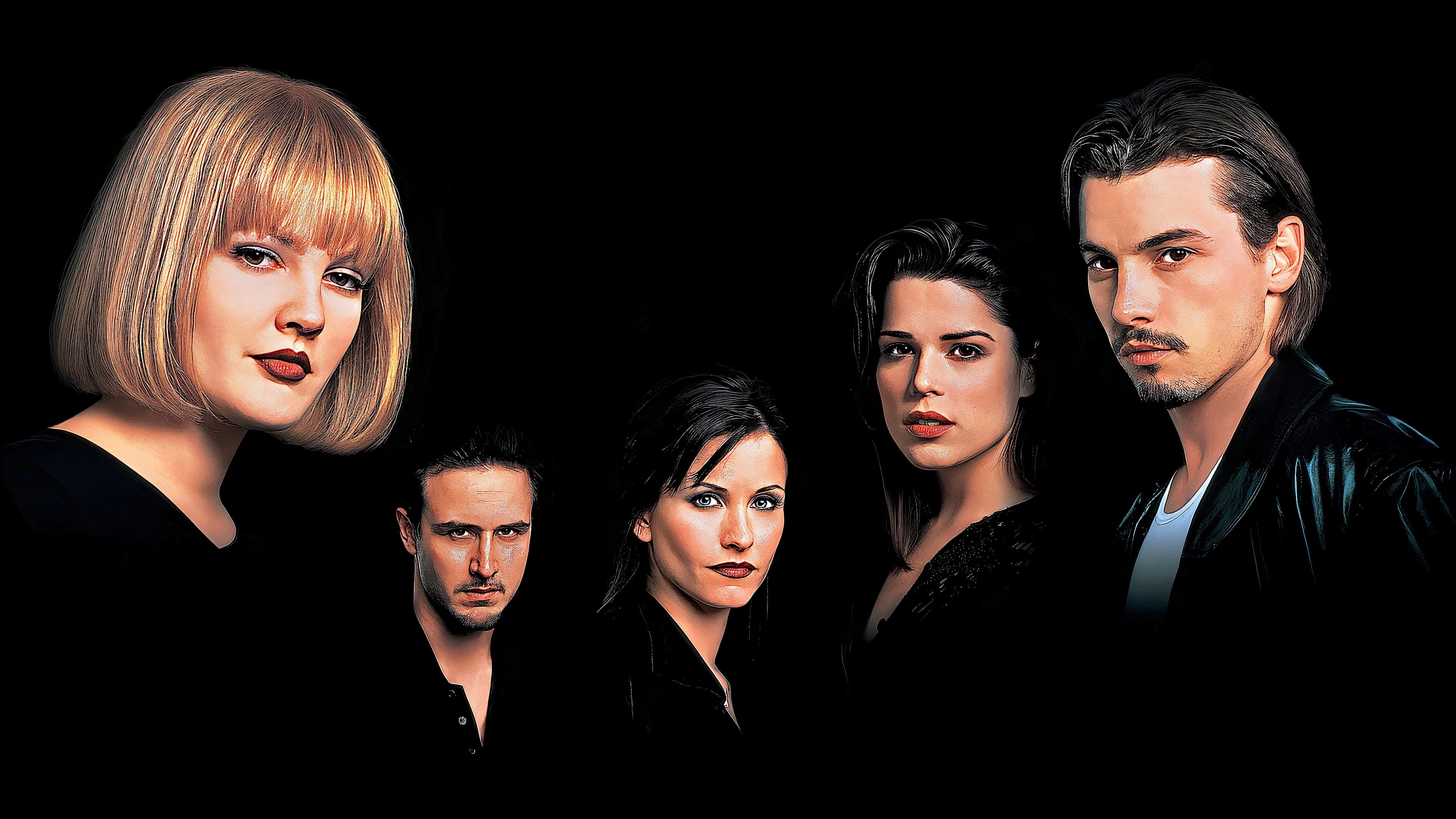

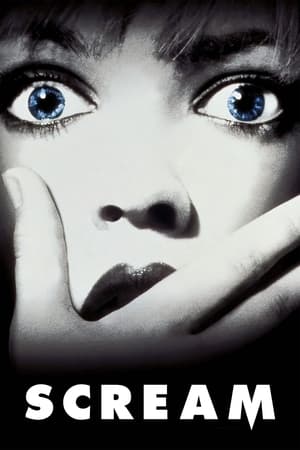
Scream (1996)


Incluvie Related Articles
What is Horror?
October 15, 2023"If movies are the dreams of the mass culture... horror movies are the nightmares"-Stephen King
This simple question causes a lot of (sometimes dishonest) debate. While it is not reasonable to expect everyone to have film genre theory under their metaphorical belt, it is still frustrating to hear people spout problematic criteria that falls apart in microseconds under the most basic scrutiny. I'll be critiquing some of the more nonsensical takes before ending with a working definition. Horror filmmaking is rooted in stories, folk tales, tall tales, and any other storytelling intended to scare, shock, and thrill listeners. It is meant to repulse us, often with a central villain, monster, or threat that is often a reflection of the fears being experienced by society at the time. This person or creature is the monstrous other, a term that refers to someone that is feared because they are different or misunderstood. The Horror genre changes because society changes.
Asian Horror From 10 Countries You Need To See Before Halloween
October 19, 2022Most of us are very familiar with or even nostalgic about Western horror movies. After all, everyone has heard about films like Scream, The Ring, Halloween, The Shining, and so many more their entire lives. However, you may be surprised to find out that quite a few of your favorites are actually influenced by or even remakes of Asian cinema! Yes, Asia is actually quite a large hub for amazing horror films even to this day, some people just never notice! Well, I'm here to change that. It's time to not let those words at the bottom of the screen scare you but instead be scared by some of the best horror you never knew about.
Premise: Seven years after the death of his wife, CEO Aoyama is invited to sit in on auditions for actresses. Yamazaki Asami catches his eye, a striking young woman with ballet training. However, Aoyama soon realizes she is not as reserved as he first thought.
'Don't Worry Darling' Review: 'Get Out' But For White Women
September 28, 2022That was the longest Black Mirror episode ever.
Don’t Worry Darling’s media circus was definitely attention-getting, drawing in everyone online like moths to a flame. However, the movie itself isn’t quite as engaging. Don't Worry Darling follows 1950s housewife Alice (Florence Pugh) as she discovers that her perfect world and her perfect husband, Jack (Harry Styles), aren’t what they seem. The highlights of this film were the big twist reveal and the performances from Florence Pugh, Chris Pine, and Gemma Chan. The coloring is bright and eye-catching, as are the costumes and makeup. The idea at the heart of the screenplay is strong, but the writing and directing falter in executing it. And while the other actors give amazing performances, it becomes increasingly clear over the course of the movie that Harry Styles can’t pull his weight. Spoilers ahead.
Let’s get into the Harry Styles dilemma first, since he is undoubtedly one of the biggest selling points for this movie. Styles, unfortunately, flounders in a sea of A-list actors. In the first half of the movie, he does well playing the charismatic husband. But it’s the moments when the reality’s cracks begin to show, when the true darker nature of the real “Jack” is supposed to be slipping through, that he fails to deliver the nuances the character requires. Maybe if he had been acting opposite actors more of his caliber, but the thing is, he’s not. Styles is thrown in the deep end, surrounded by stars whose acting talent totally outshines him, making his performance come off worse while you’re watching than it may actually be.
At one point in my theater, we all began to laugh at him. For what, exactly, I can’t say. It happened when he’s screaming in the car after Alice has been taken, one of the most emotionally intense scenes in the movie (or at least, it’s supposed to be). And yet, there’s something about Styles that makes his attempts at acting out any darker emotion beyond basic lighthearted charm in vain.
Reclaiming Her Body: "Jennifer’s Body" & Why We Need Diverse Storytellers
May 17, 2021TW: Sexual Assault & Misogny // Spoilers Ahead
The height of subversive horror cinema is Jennifer’s Body. No, I will never budge on that. Yes, Cabin in The Woods is funny, Scream is very well made, and the Scary Movie franchise is …. there. But nothing is quite as satisfying as watching the teenage succubus that is Jennifer Check rip apart boys. In the post #metoo era where the industry is far from changed, watching revenge flicks like these is probably one of the most cathartic experiences due to the slow-moving progress being made. This 2009 film was so far ahead of its time and continues to be the ultimate metaphor, both on and off the screen, for revenge against misogynistic Hollywood. Megan Fox, the perfect casting choice, leads the film as Jennifer — whose body she reclaims power over after an assault by using it to seduce the men in the small town of Devil’s Kettle to their deaths. She feeds on their frightened, vulnerable (and rather unintelligent) souls and sustains her good looks through this. Her best friend, Needy Lesnicki (Amanda Seyfried), is caught in between her moral reservations about her BFF’s murder spree and grappling with her own “loyalty” toward Jennifer (hint: it's not just gal-pal platonic-ness). The film examines so many themes concerning romantic leanings in female “friendships,” sexual assault, and female empowerment all without falling victim to the male gaze or objectifying its stars. At its core, it's a fulfilling tale of revenge upon the perpetrators of misogyny and about young women finding their own justice in a world that is aimed against them.
The cast and crew being primarily made up of women is one of the reasons the film feels much more authentic and less exploitative than other revenge films such as I Spit On Your Grave. Director Karyn Kusama takes so much care in keeping the film from turning into torture porn (like the previously mentioned film) and instead focuses on the evolution of Jennifer and Needy. Needy goes through the classic She’s All That nerdy-to-cute transformation but also learns how to stand up for herself and use the succubus powers she later receives for good. Even Jennifer changes to the audience from seemingly together it-girl to the revealed abusive, power-hungry friend that she’s been all along — now heightened in her new supernatural form. Essentially, these women are given complexity that does not revolve around retaining their femininity. It’s about survival and testing the bounds of their tumultuous but co-dependent relationship. Standard horror films with female protagonists, usually written by men, make women’s unhinged struggles revolve around puberty and/or a need for male validation. This allegory examines a nuanced struggle in female friendships that can often lead to toxic codependency and the blurring of romantic and platonic feelings. Jennifer’s Body is the perfect example of why more diverse voices are needed in horror to give some truth to the framework of metaphorical storytelling that is central to horror films (I’m looking at you Midsommar). I mean, can you imagine Get Out if Jordan Peele was white?
Trauma Personified: 2018's "Citizen Rose"
April 28, 2021In August of 2020, Rose McGowan (Jawbreaker, Planet Terror) accused director Alexander Payne (Election, Sideways) of sexual misconduct when she was a fifteen-year-old aspiring actress. McGowan has been outspoken about the “cult” of Hollywood — the power dynamic and hidden atrocities that come with it. Unless you have been avoiding all social media and news outlets for the past three years, you know that McGowan was one of the first and most prominent victims to speak out against Harvey Weinstein. Facing backlash and bombarded with questions like “Why didn’t you make it public earlier?” or “Why did you continue to work for him?” and so on, McGowan released a four-part documentary, Citizen Rose, as a means of explaining herself once and for all.
This series was filmed in 2017, during the same time that the New Yorker article by Ronan Farrow was published, beginning the outing of Harvey Weinstein, who McGowan refers to as the “monster”. In 1997, just after starring in Scream, a 23-year-old McGowan was raped by the Hollywood producer. For the next 20 years, McGowan lived with this (widely known) secret.
Citizen Rose deals with the aftermath of “coming out” as a victim. The importance of this series is the raw pain and conflict behind a woman speaking out against power. There are parts of Citizen Rose which weren’t my personal taste, but the themes of the series are new and refreshing. Especially in film and television, we often see the act of violence itself, but rarely are we given the perspective of the victim after the fact. Usually, the focus is on the criminal justice system, or even the effect on the accused, but rarely the trauma and pain of the victim for years after the event.
McGowan’s story is a textbook example of gaslighting. McGowan was ignored, vilified, and called crazy because of these accusations. When the Farrow article came out, and people understood that she was telling the truth the whole time, she then had to deal with the aftermath of being gaslit for so long. We see her navigate the initial trauma, along with the continued trauma produced by the public. While I adore Ronan Farrow as an investigator and writer, it is heartbreaking that the criminal justice system and the public needed him to “verify” the accounts of McGowan and the other women, who were ignored for so long. And people still wonder why women, and victims of sexual assault, don’t speak out.
Pictures and Videos

Movie Information
A year after the murder of her mother, a teenage girl is terrorized by a masked killer who targets her and her friends by using scary movies as part of a deadly game.
Cast
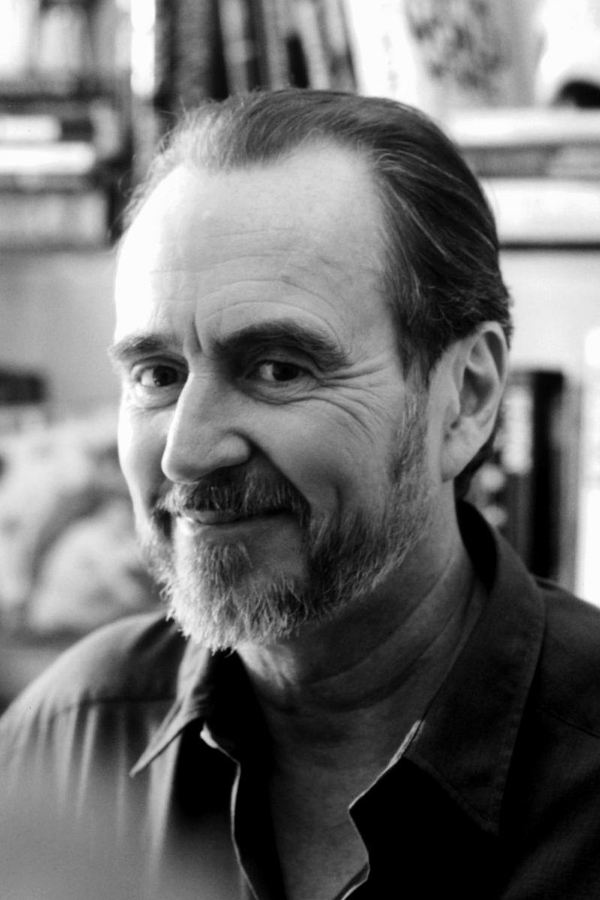
Wes Craven
Director

Wes Craven
Director

David Arquette
Dewey Riley

Neve Campbell
Sidney Prescott
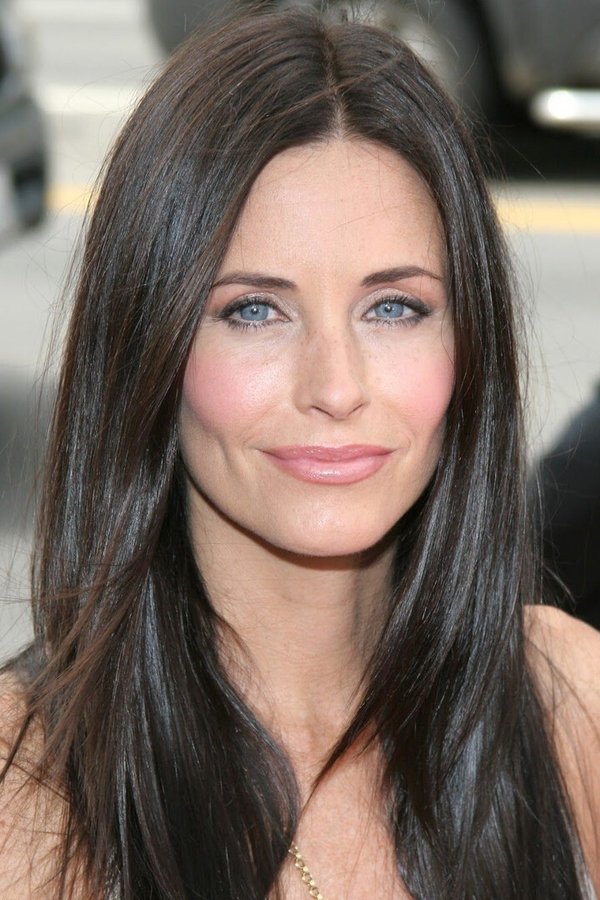
Courteney Cox
Gale Weathers
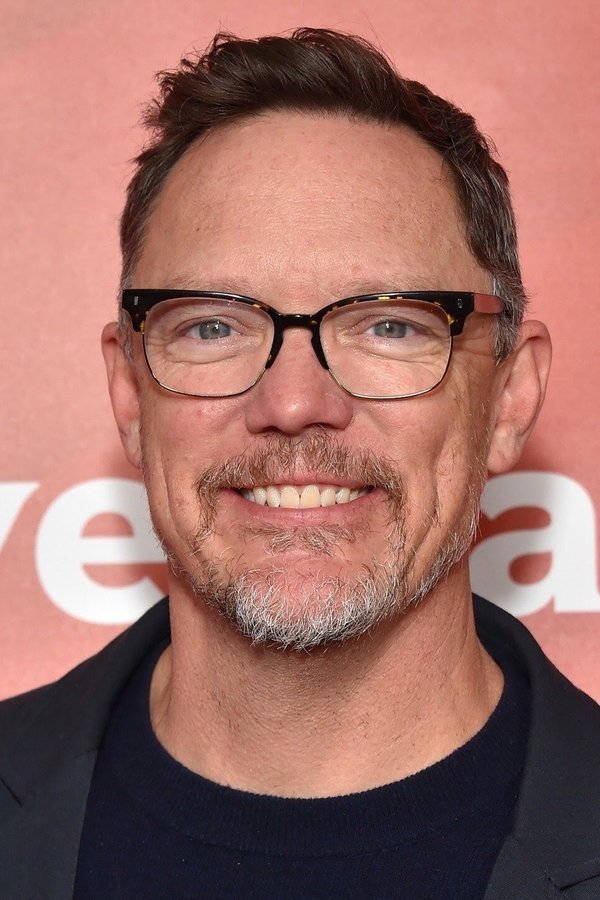
Matthew Lillard
Stu Macher
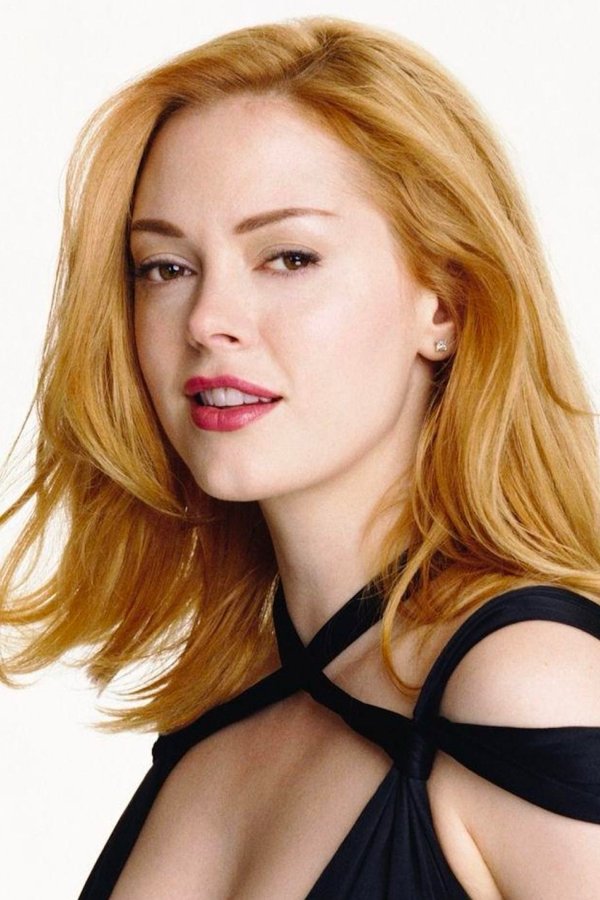
Rose McGowan
Tatum Riley

Skeet Ulrich
Billy Loomis

Jamie Kennedy
Randy Meeks
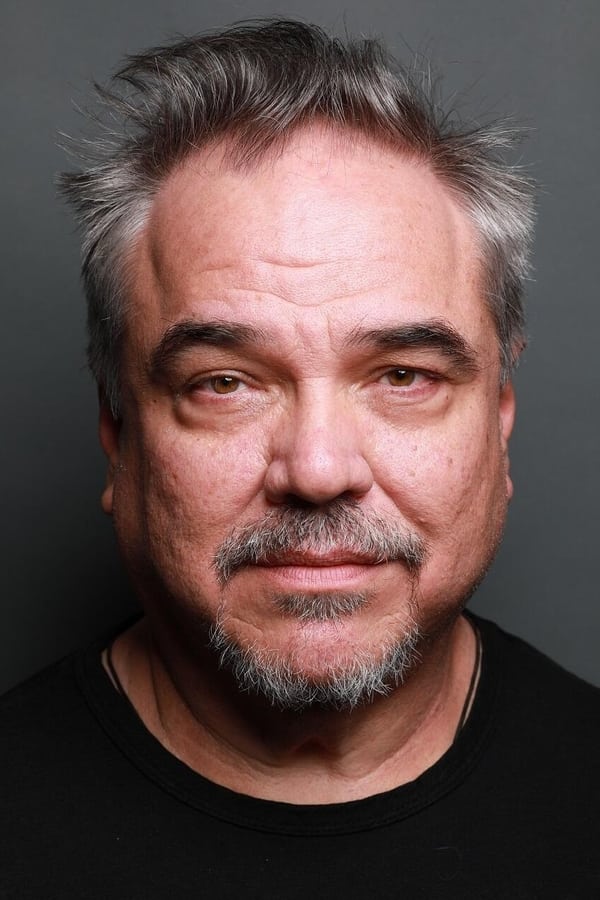
W. Earl Brown
Kenny Brown
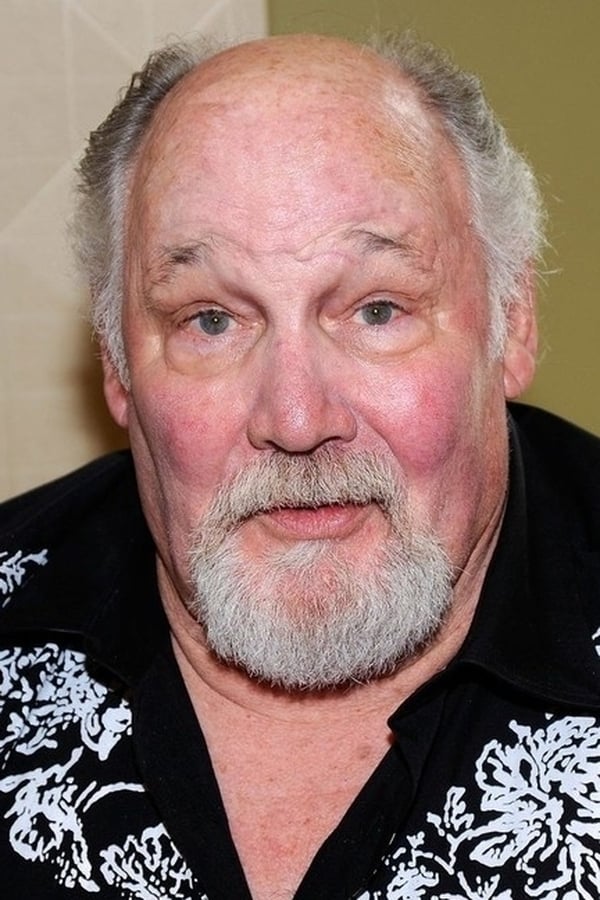
Joseph Whipp
Sheriff Burke
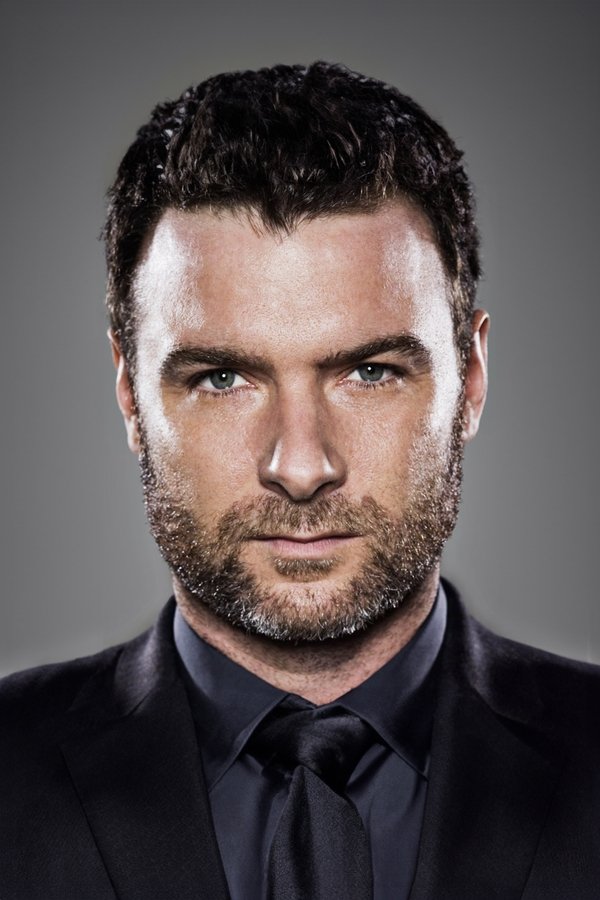
Liev Schreiber
Cotton Weary
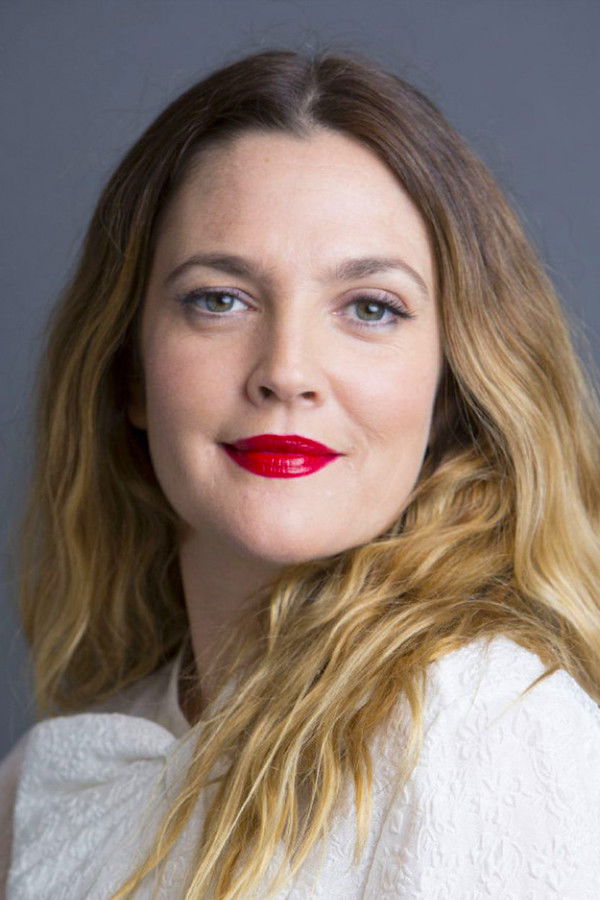
Drew Barrymore
Casey Becker
Articles You May Like
Skater Girl – Sisterhood, Rebelliousness, Social Castes, and Skateboarding
This little Netflix film was very inspirational. It passes the Bechdel test, and features a different worldview with rural Indian representation.
‘She-Ra and the Princesses of Power’, a Worthwhile Watch to Celebrate Pride Month with the Whole Family!
An aspect of She-Ra that I find refreshing is even though a large portion of the cast is on the LGBTQ+ Spectrum, being gay is never mentioned. While this might initially sound like a negative thing, in the show’s land of Etheria being on the gay spectrum is shown to be so common and normalized that straight isn’t the default. As much as there is to appreciate about narratives revolving around the obstacles that may come from being non-heteronormative, it’s nice to get immersed in a world where no one bats an eye at all to any sort of differing identity.



